- Study
- Student
- Research
- About UNAK
- MA student position
1. June 2021
Examines exports from a typical EFTA country compared to EU country
Helga Kristjánsdóttir Professor at the Faculty of Business Administration has several new international publications

During the first four months of this year, Helga Kristjánsdóttir, Professor at the Faculty of Business Administration at the University of Akureyri, has been active in publishing scientific articles internationally. Four articles by her have been published in the ISI Web of Science, in addition to which a book chapter was published by Routledge. Furthermore, a book chapter is in the process of being published by Elsevier.
The book chapter and scientific articles published by Helgi Kristjánsdóttir are as follows:
- The Global Financial Crisis and Foreign Direct Investment in Europe in Asian Foreign Direct Investment in Europe. Routledge.
- Tax on tourism in Europe: Does higher value-added tax (VAT) impact tourism demand in Europe? Current Issues in Tourism
- CarbFix and SulFix in geothermal production, and the blue lagoon in Iceland: Grindavík urban settlement, and volcanic activity Baltic Journal of Economic Studies
- European FDI in Ireland and Iceland: Before and after the Financial Crisis. Journal of Risk and Financial Management
- EU Country and EFTA Country Export Differences
Looking specifically at the topic in one of these articles, Helga in the article EU Country and EFTA Country Export Differences published in Journal of Risk and Financial Management, seeks to explain the difference that may exist between the exports of a typical EFTA country and an EU country. In that case, one looks at the UK while it was in the EU and compares it to Iceland. An attempt is made to analyse the extent to which trade alliances such as EFTA and the EU influence exports. The results show that the economic size of the countries to which exports are made and their economies have the greatest influence on exports - at the same time as distance has a lessr negative effect on exports from the UK for BREXIT than exports from EFTA country. This applies when adjusted for GDP and population. As might be expected - to the extent that the UK is a much larger economy than Iceland - it produces more goods and relies less on exports.
An overview of Helga's publications can be found here and on the UNAK staff page.
